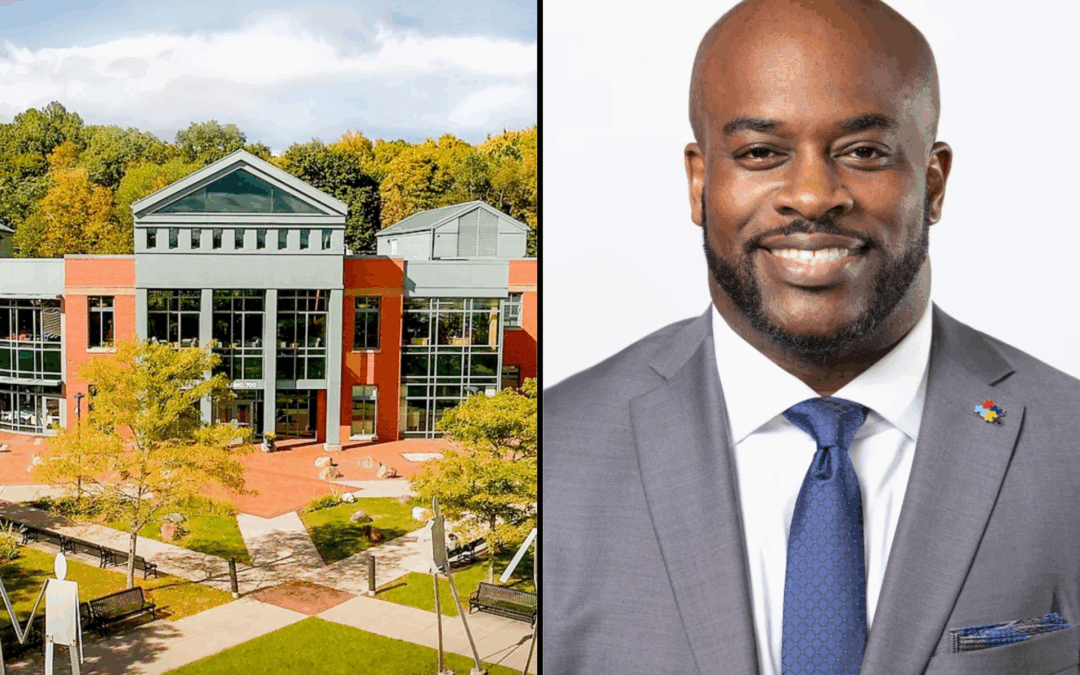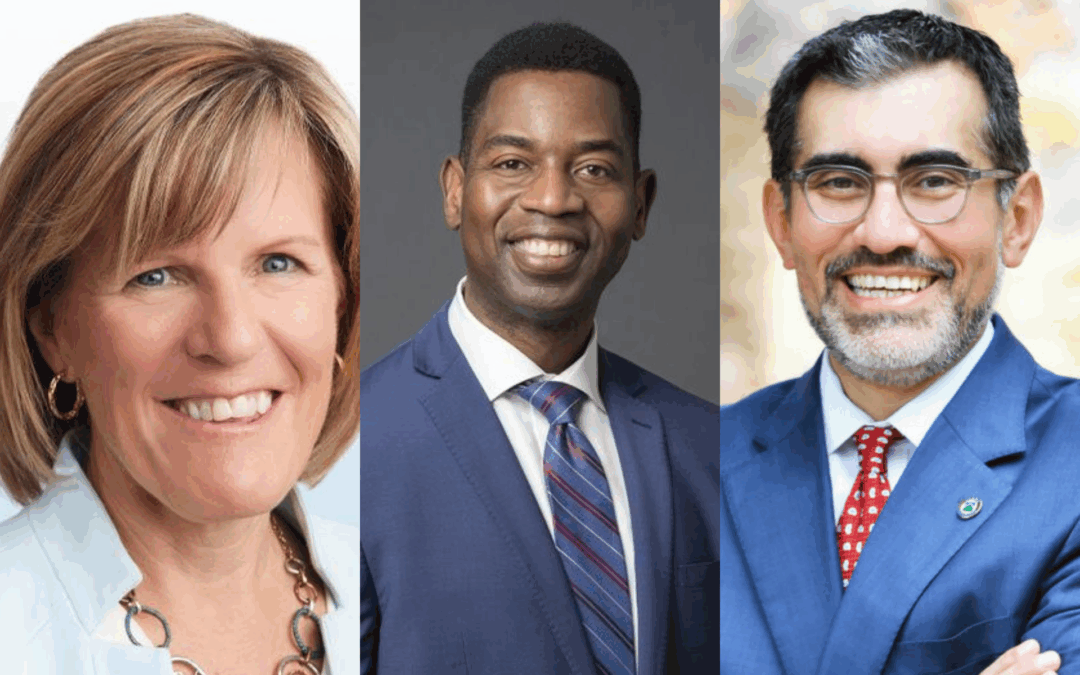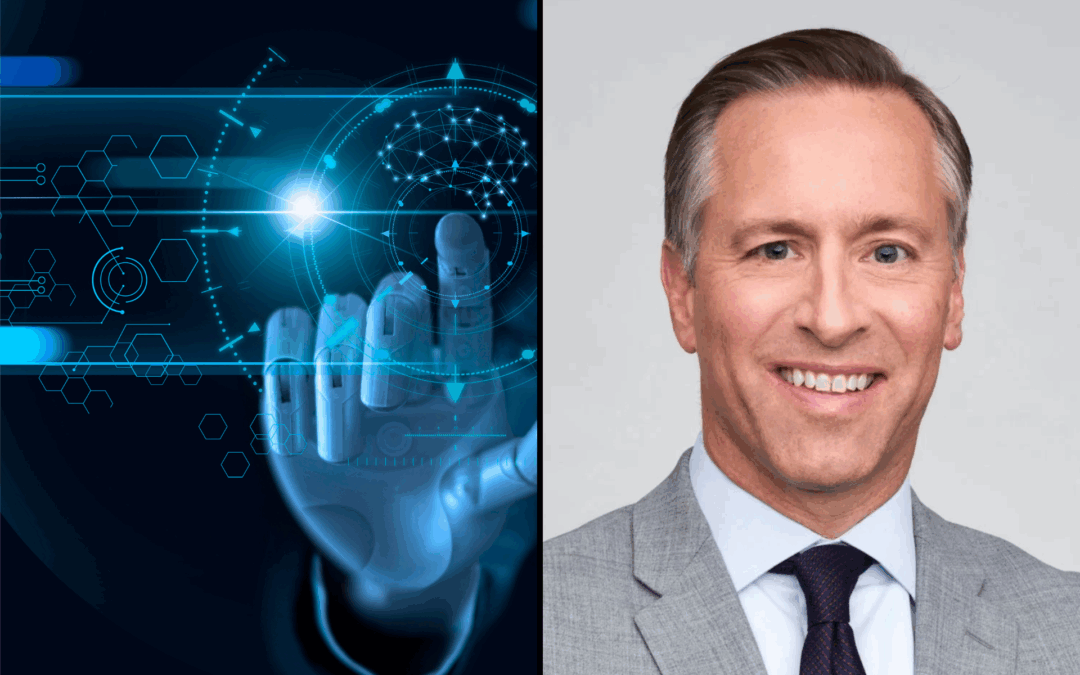
Promoting Policies that Power More Learners in Higher Education
By Dr. Mark D. Milliron, President, National University
In recent years, California has made headlines for taking important steps to better support college students raising children. Three years ago, California enacted a new law requiring the state’s community colleges and most of its public universities to accommodate the complicated schedules of student-parents by allowing them to register for classes before other learners. In 2024, state lawmakers ordered that these same institutions provide more accurate cost-of-attendance estimates to student-parents, ensuring they’re eligible for additional financial aid.
Both measures will help California better meet the needs of learners who are raising children while in college. But the fact that these changes are so noteworthy underscores the work that needs to be done to help higher education policies better meet the needs of adult learners.
Today’s college students are not the same as those of a generation or more ago. Of course there remains a big segment of students that are younger, right from high school, not working, and attending college full time. A growing number, however, are coming at different ages and stages, and juggling more responsibilities than ever before. Nearly 1 in 5 undergraduates are student-parents, and nearly half of them are working full time. These “ANDers“—students who are working hard to balance being learners and parents, learners and employees, learners and military service members—are well on their way to becoming the majority in higher education. But because of the immense pressures they face and the fact that our traditional-model-heavy policies are often in the way, more than half of adult learners stop out after just one year of college.
Today’s policymakers have the opportunity to promote the academic success of both traditional students and the growing number of ANDers by crafting regulations, rules, and resource models that reflect the lives and realities of these learners. Here are three key policy changes that could make a difference:
Expand Tuition Assistance for Service Members and Their Families
Military learners and veterans represent a large segment of the ANDers. These students are, after all, overwhelmingly adult learners: the vast majority are over the age of 35, and many are balancing school with full-time work and family responsibilities. In fact, about half of veterans and one-third of active-duty students are parents, and more than half of all military-connected learners work full-time while enrolled.
Today, just 10 percent of veterans hold an associate degree, and only 8 percent have earned a bachelor’s or higher. These attainment rates aren’t due to a lack of ambition or drive. They often reflect the reality that our system of higher education wasn’t built with military learners in mind. Frequent relocations, financial challenges, and the need for flexible course and semester schedules all present persistent barriers.
One of the most effective ways to address the challenges these learners face is by increasing tuition assistance benefits through the Department of Defense, not just for active-duty service members, but also for their spouses and dependents. Expanding access and increasing award amounts would help ensure service members and their families can pursue the education and credentials they need to thrive, no matter where their service takes them. Moreover, military tuition assistance in particular can be a significant tool to improve recruitment, retention, readiness, and especially re-entry into civilian lives for service members.
Modernize Employer-Sponsored Education Benefits
Affordability remains one of the biggest hurdles for adult learners, military or otherwise. Given that many ANDers are also working full-time or part-time, one obvious but underutilized solution lies with their employers. Employer support can make the difference between stopping out and staying enrolled—or ever going to college at all.
If Congress would raise the cap on the annual tax-free education benefit that employers can offer their employees, learning and earning could be a complementary funding pathway for higher education. Indeed, Pell Grants are particularly well suited for traditional-aged students. But employer tuition assistance would help millions of striving learners afford advancement, and as a result, it would improve our workforce and bolster stronger linkages between employers and the higher education community. Indeed, you would likely see more apprenticeships, internships, and curricular partnership if this kind of financing model was better supported.
Section 127 of the U.S. tax code already allows companies to offer up to $5,250 per year in tax-free education assistance to employees. But that cap hasn’t changed in nearly four decades, despite rising tuition costs and increased demand for postsecondary credentials. Raising the cap would allow companies to empower more workers to pursue their education and advance in their careers. It would also give employers an edge in recruiting, retaining, and upskilling talent—an increasingly urgent need amid ongoing labor shortages.
Advance Smart, Flexible Regulatory Reform
While the needs of today’s busy adult learners continue to evolve, higher education policy remains largely focused on traditional students. Too often, outdated federal regulations tie financial aid and program eligibility to rules designed around full-time, campus-based students. This limits innovation and locks out ANDers from programs that could help them advance in their lives and careers.
Policymakers can support regulatory reforms that accelerate the development of high-quality, flexible learning models. That includes modernizing definitions of academic engagement and seat time, enabling short-term and online programs to qualify for financial aid, and simplifying the transfer process.
Put simply, forcing all students into a traditional college model doesn’t work. To meet the needs of the growing number of ANDers–and of our country–policymakers and higher education leaders should seize this opportunity to work together to design new policy sets that better reflect all learners’ lives, responsibilities, and goals. Together, we can design higher education pathways to possibility that include broader practices and policies that better serve all of our hard-working students.





Recent Comments